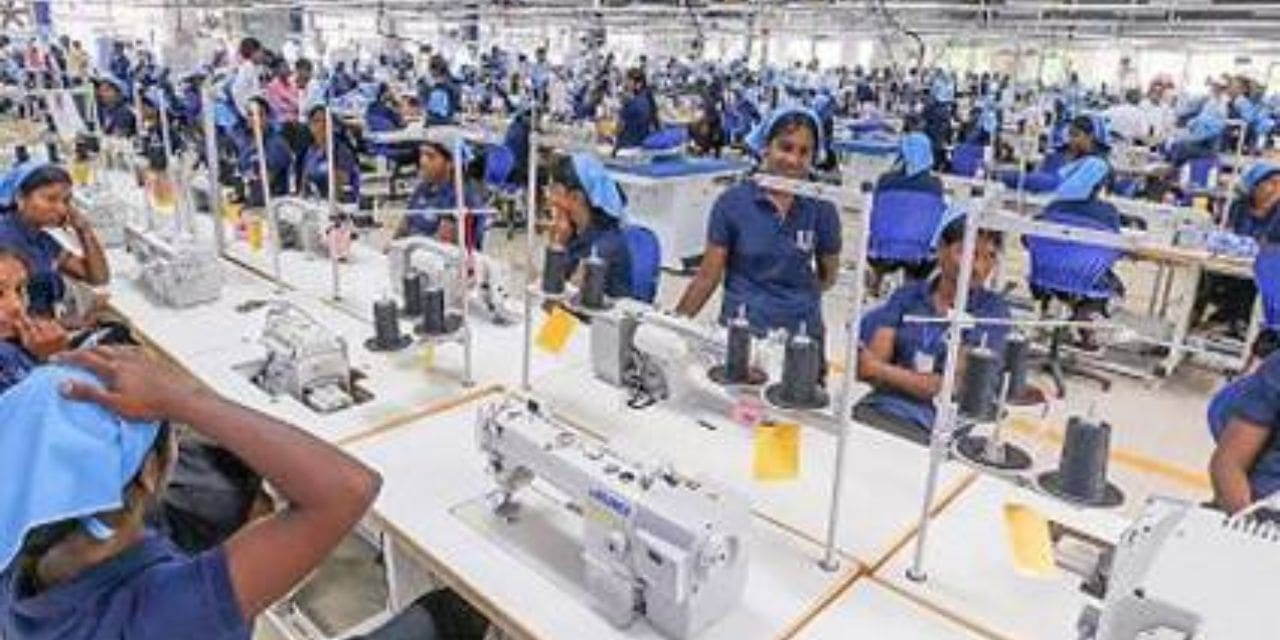INSIGHTS
- Jobs have been produced in Sri Lanka’s Northern Province by a number of garment businesses, including MAS Kreeda Vaanavil, Omega Line Vavuniya, and Hirdaramani Industries.
- The manufacturers put a strong emphasis on sustainability and employ renewable energy sources to build LEED-certified buildings.
- They export more than 80% of their goods under the EU’s GSP+ programme.
Companies like MAS Kreeda Vaanavil, Omega Line Vavuniya, and Hirdaramani Industries were among six firms to enter Sri Lanka’s Northern Province in order to provide employment opportunities in the war-torn region and infuse additional investment into the economy. These companies recognized the important role the apparel sector plays in the development of the country.
At least three years passed before factories in the area could start operating. However, they have had a significant impact on both communities and employment. In these factories, where women make up more than 80% of the workforce, female labor force participation has been rising steadily over time. Many of these women were beginning their careers as employees for the first time. According to the Joint to Joint Apparel Association Forum, activities that empower women and expand their prospects for financial independence were necessary to address this.
With an emphasis on sustainable operations and minimising the industry’s environmental imprint, manufacturing facilities are built on new construction sites. Manufacturers in the north have come a long way to go beyond just complying with regulatory frameworks and integrating sustainability into their core operations, from creating Leadership in Energy and Environmental Design (LEED) or green building certified facilities to introducing renewable energy sources like biomass and solar energy. They have also used responsible chemical use to attain zero toxic status in all products and processes.
These businesses’ exports, which are mostly to the EU, are eligible for the EU’s GSP+ program. Sri Lanka will have to reapply for the new program, which starts in 2024, when the existing program expires in 2023. GSP+ is a vital component of the expansion strategies of many businesses in the north and east, notably for the workforce that makes clothes primarily for the European market. These factories are proof of the plan’s success and have given these towns advantages that no other industry can match.

